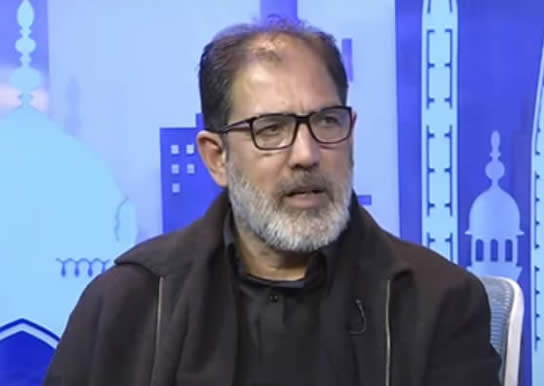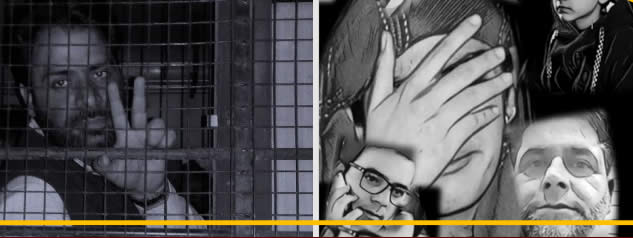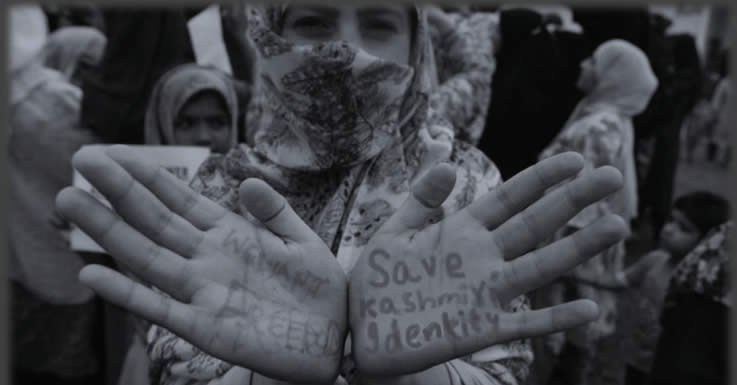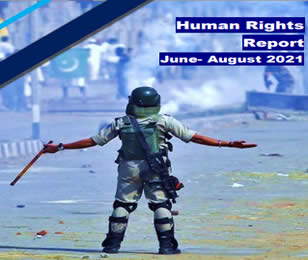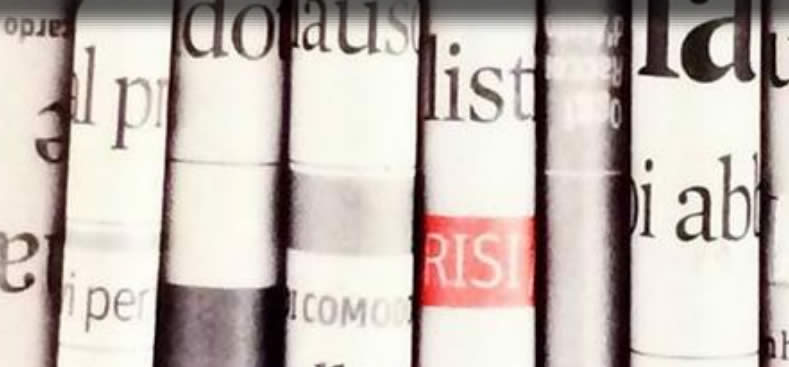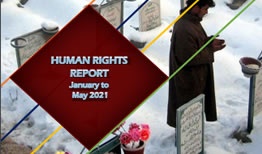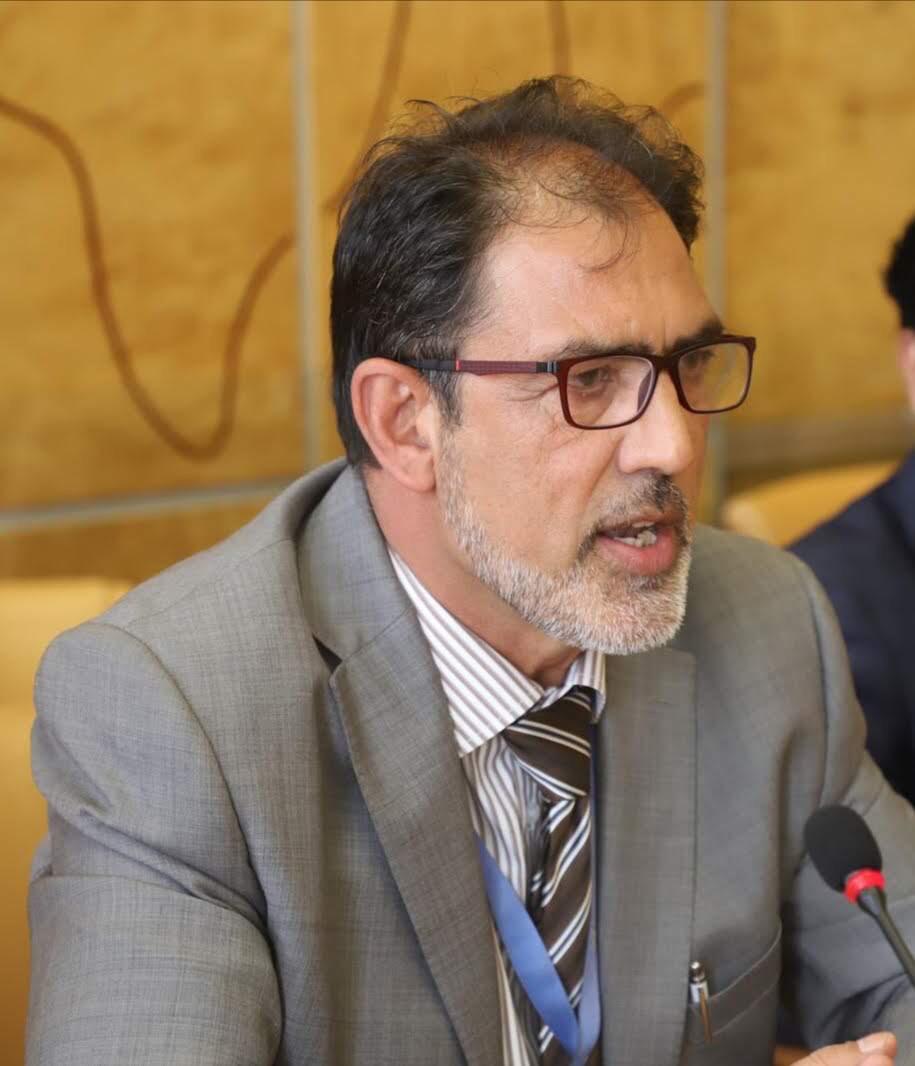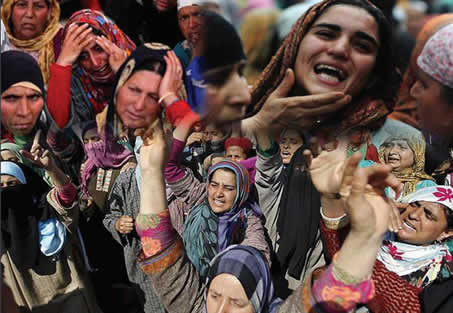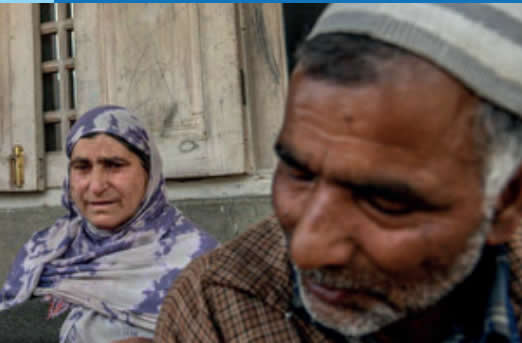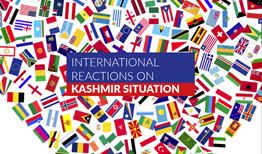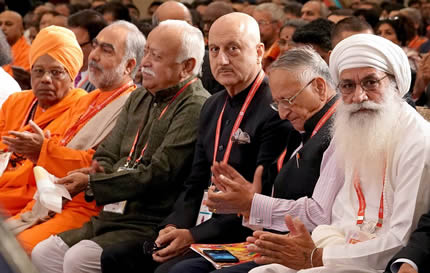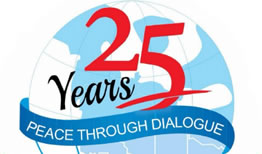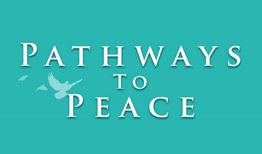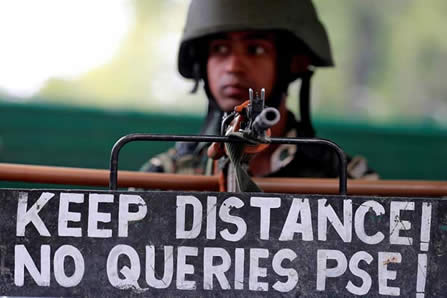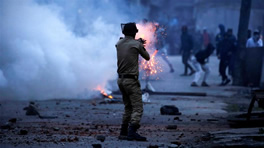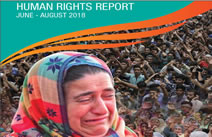Books Under siege : Kashmiris litrary crackdown deepens concerns over Freedom
Books Under siege : Kashmiris litrary crackdown deepens concerns over Freedom
Books are considered sacred vessels of knowledge and if they are religious, they carry even deeper meaning for those who read and revere them. Yet in Kashmir, dozens of such books are now being confiscated from shelves under the weight of state suspicion. In Feb 2025, police in Indian occupied Kashmir raided bookstores across Srinagar and beyond, seizing more than 650 titles. Most of the books were authored by Abul A’la Maududi, a renowned Islamic scholar whose writings have shaped generations of thinkers across the Muslim world. Published by a legally registered Delhi-based press, these texts have circulated in South Asia for decades. But today, they are being forcibly removed, as if erasing the intellectual legacy of Muslim scholarship itself.
Authorities have not cited specific content that violates the law. Instead, the seizures appear aimed at eliminating access to religious and ideological thought deemed inconvenient to the state’s narrative. The message is unmistakable: even non-violent, theological discourse is now suspect. Jamaat-e-Islami, the organization Maududi founded, has long operated within the social, educational and religious fabric of Kashmir. Although banned in 2019 under India’s anti-terror laws, the group insists it has always rejected violence and that the books in question are entirely legal. “These are scholarly works, not manifestos,” said a spokesperson. “Their seizure is unjust, unconstitutional and a clear violation of the right to religious and intellectual freedom.”
The move has left bookstore owners rattled and readers alarmed. Many see this as a deliberate attempt to censor Islamic thought and criminalize the region’s cultural and intellectual heritage. What is being targeted is not incitement, but ideas, that challenge, critique and
educate. Since the revocation of Kashmir’s limited autonomy in 2019, civil liberties have steadily eroded. This latest raid, targeting books instead of bullets, marks a new chapter in that repression. It signals that even peaceful expression, when rooted in a religious or critical
tradition, can be silenced. As Kashmir’s libraries get emptier, so does the space for honest inquiry. The removal of those books is not about law and order. It is about control over thought, identity and memory.
Related Reports
